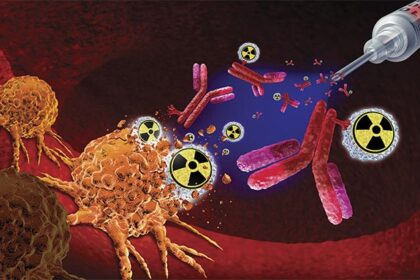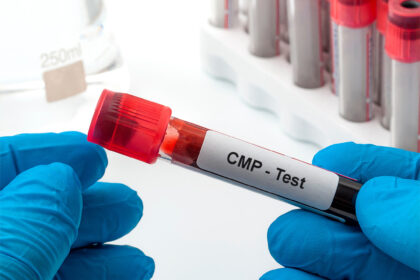Antisense technology entails the nucleic acid strands’ synthesis that binds to the pre-mRNA’s splicing site or mRNA and incapacitates it competently. It is a principal technique utilized by a number of biotech & pharma firms and research institutes for numerous applications such as research, therapeutics, and diagnostics. RNAi therapeutics possesses a huge scope in treating cancer and neurodegenerative disorders.
The key factor projected to drive the global antisense and RNAi therapeutics market is the rising incidence of coronary artery diseases. Further, the progress in nanotechnology & biological vectors and increasing external funding to perform clinical research relating to novel drug moieties introduction play a significant part in the product development process and thus, drive market growth. Further, due to COVID-19 outbreak, the requirement for antisense and RNAi therapeutics has skyrocketed leading to market expansion. Nonetheless, with the introduction of novel nano-technology focused methods that showed higher efficiency in target delivery further driving the global market growth. Additionally, the introduction of suitable government programs is also expected to add to the market growth in the upcoming period.
The global antisense and RNAi therapeutics market can be categorized based on route of administration, application, technology, and region. The market, by technology, is bifurcated into RNA interference and antisense RNA. The RNA interference is further sub-categorized into siRNA and miRNA. The market, by application, is divided into genetic disorders, infectious diseases, renal disorders, neurodegenerative disorders, cardiovascular disorders, respiratory disorders, and oncology. The market, by mode of administration, is classified into intradermal injections, pulmonary delivery, intravenous injections, topical delivery, and other delivery methods.
Regionally, North America is projected to rule the global antisense and RNAi therapeutics market with largest share during the forecast period. This expansion can be attributed to factors such as growing count of clinical trials and supporting government policies to initiate antisense therapeutics development. Asia Pacific is also anticipated to witness considerable expansion in the coming period owing to the growing expenditure by government for research & development in topical, in addition to other types of siRNA delivery methods.
The prominent players actively participating in the global antisense and RNAi therapeutics market consist of Benitec Biopharma Ltd., Alnylam Pharmaceuticals, GlaxoSmithKline Plc, Gene Signal, Marina Biosciences, Ionis Pharmaceuticals, Sanofi S.A, Quark Pharmaceuticals, Antisense Therapeutics Ltd., and Acuitas Therapeutics, among others. To cite, a global investment company, Blackstone Life Sciences, and an RNAi therapeutics company, Alnylam Pharmaceuticals, Inc., in August 2020, declared the sealing of a $2 billion strategic financing partnership to hasten the development and advancement of RNAi therapeutics.





